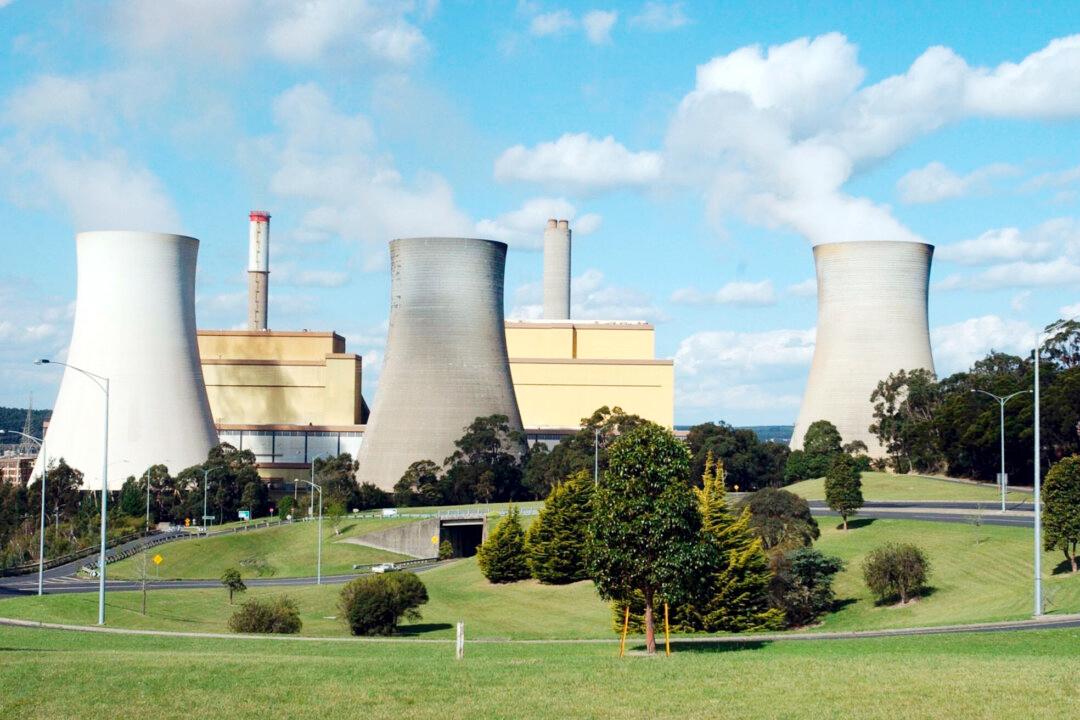The Australian Treasury Secretary Steven Kennedy warned that the country must do more to keep up with the global standards on climate change or face increasing scrutiny from financial markets.
“There might be aspects that do not align with Australia’s national interest,” Kennedy told a public climate forum hosted by the Centre of Policy Development. “We don’t have to like what’s happening, but we do have to be engaged and involved, and we must have a credible alternative that appropriately aligned with others.”





